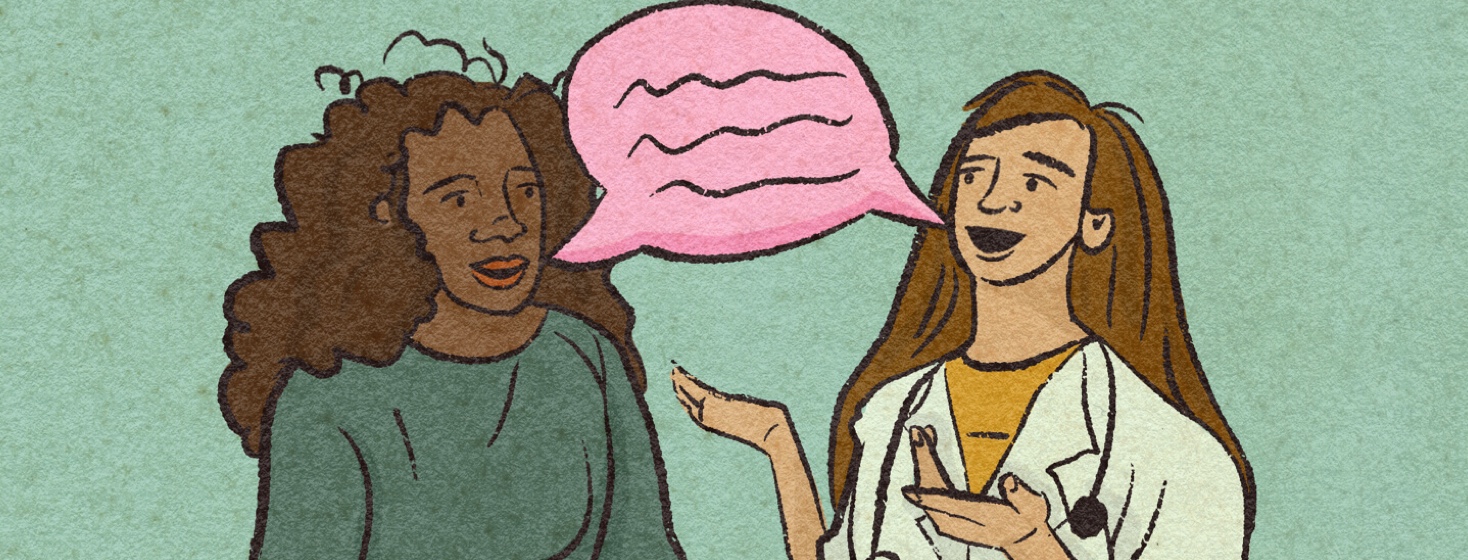An Interview With Advocate and Sleep Technologist Lisa Bond
If you have had a sleep study or been prescribed a CPAP machine, chances are you have talked with a sleep technologist. Many people are often surprised at just how much a sleep technologist does.
In fact, Lisa Bond, one of our community advocates, wrote an article to help us better understand the important role sleep technologists play during and after a sleep study.
We wanted to learn even more about this growing medical profession. We turned to Lisa and asked her to tell us more about her journey as a sleep technologist.
Why did you choose to become a sleep tech?
I became a sleep tech as a means of searching for answers and becoming an advocate for my own health issues.
I had heard of the field while I was working as a floor tech in respiratory therapy and thought it sounded interesting. Then I was diagnosed and really could not find anyone who knew much or could answer my questions.
I had a lot of problems adjusting to my therapy, and there was no such thing as groups like SleepApnea.Sleep-Disorders.net to help answer my questions.
What does sleep technologist training look like?
Back in 1990, there were few resources and very few options for masks or machines. I took a few classes about general things to do with sleep. The more I learned, the more fascinated I was. So, I went to school and got formal training.
I also worked very closely with a neurologist who was a boarded sleep specialist. He took me under his wing and really taught me a lot. He probably became my mentor because I kept asking him questions to the point that he really didn’t have a choice, but I know he enjoyed teaching someone who was as passionate about wanting to learn everything about sleep as he was. Eventually, I sat for and passed my national boards.
What is your favorite part of your job?
That’s a hard one for me. There are so many parts of this job that I enjoy. I guess that I enjoy answering questions. I love to help other sleep technologists or those in school learn and understand things. It is incredibly satisfying to see someone grow and improve. I am very proud of anyone I have worked with or helped to become a better technologist or pass their boards.
But I also really enjoy talking with patients. I enjoy answering their questions. I firmly believe that we have to be active participants in our own healthcare and should learn as much as we can about our issues. I believe knowledge is key to how well someone does, and if they will stick with it and keep pushing to become successful in living with their disorder.
I keenly remember how alone I felt and how nobody was there to answer my questions when I first was diagnosed. It may be the 1,000th time that a question was asked by either a sleep tech or a patient to me, but it’s always the first time they asked that question. It takes a special kind of bravery to say, "I don’t know; please help me to learn." So, I want to honor that bravery and help answer your questions as much as I can. If I don’t know the answer, I will seek out the answer, and we can both learn together.
What do you wish more people knew about sleep or sleep disorders?
I wish people knew 3 things really:
1. Sleep disorders are common
I wish people understood that sleep issues are far more common than you think. Most people by now have heard of insomnia and obstructive sleep apnea (OSA). They know those 2 are out there. However, we don’t see people when they are at home sleeping or trying to sleep.
We see people out and about and using an inhaler, so we realize that breathing issues like asthma, COPD, and such, are common. Sleep disorders are just as common, but because you don’t see people getting and using their treatment, people don’t realize how common sleep issues are.
2. There are many different types of sleep disorders
Secondly, I wish people understood that there are way more sleep disorders than just insomnia and OSA. We have different types of insomnias, sleep breathing disorders, circadian rhythm disorders of wake and sleep, parasomnias, and movement disorders. Each of those categories has many different disorders under the main umbrella.
So yes, there is more than just those 2 disorders out there. Getting a sleep study is important, as it can be an indicator of, and dovetail into, the diagnosis of other physical and mental illnesses such as diabetes, heart disease, and depression.
3. Untreated sleep disorders can have serious consequences
This brings me to the third thing I wish people would understand: that some sleep disorders, if not treated, can lead to serious consequences. By serious, I mean severe health consequences and even death. People fall asleep behind the wheel driving, people have heart attacks, people can stop breathing and not start back up. Sleep is a very important aspect of your overall health, and it should be taken seriously.
Do you have other questions for a sleep technologist? Drop your questions in the comments below!

Join the conversation